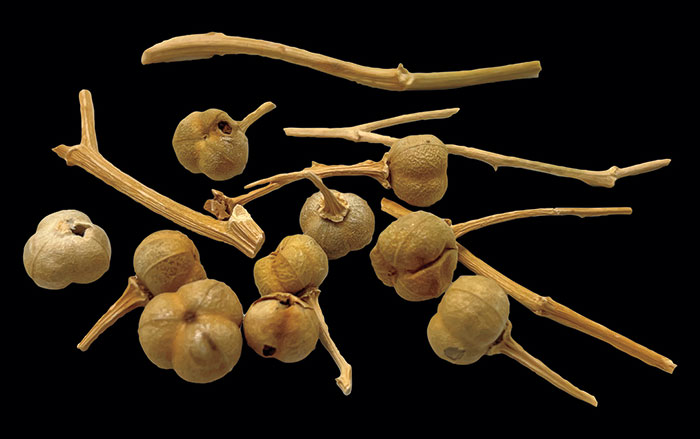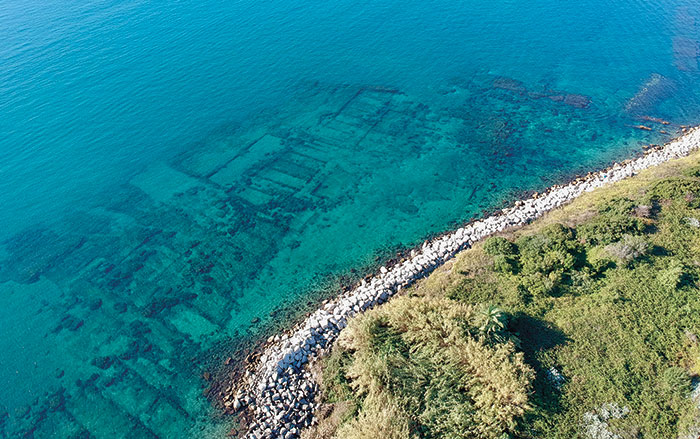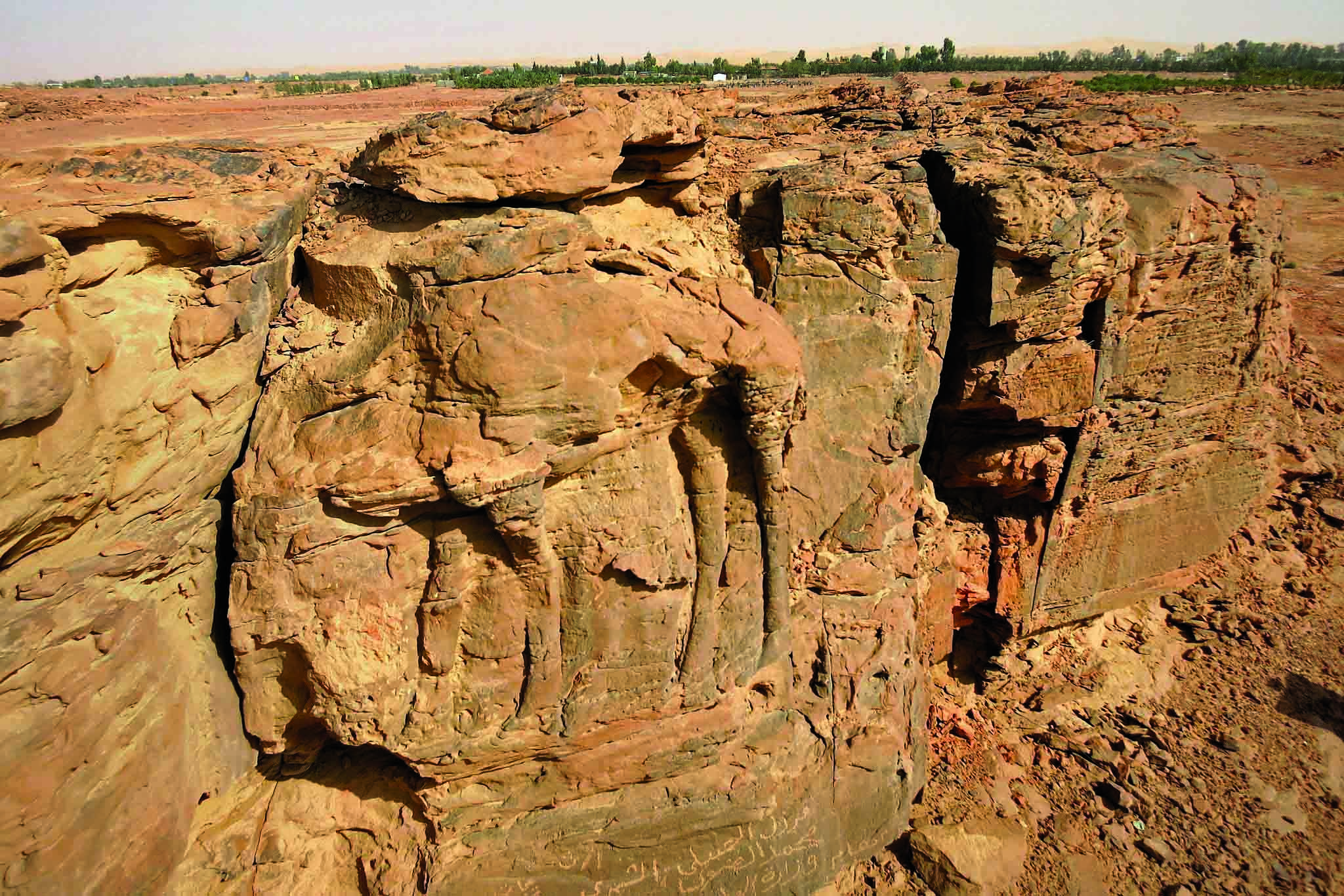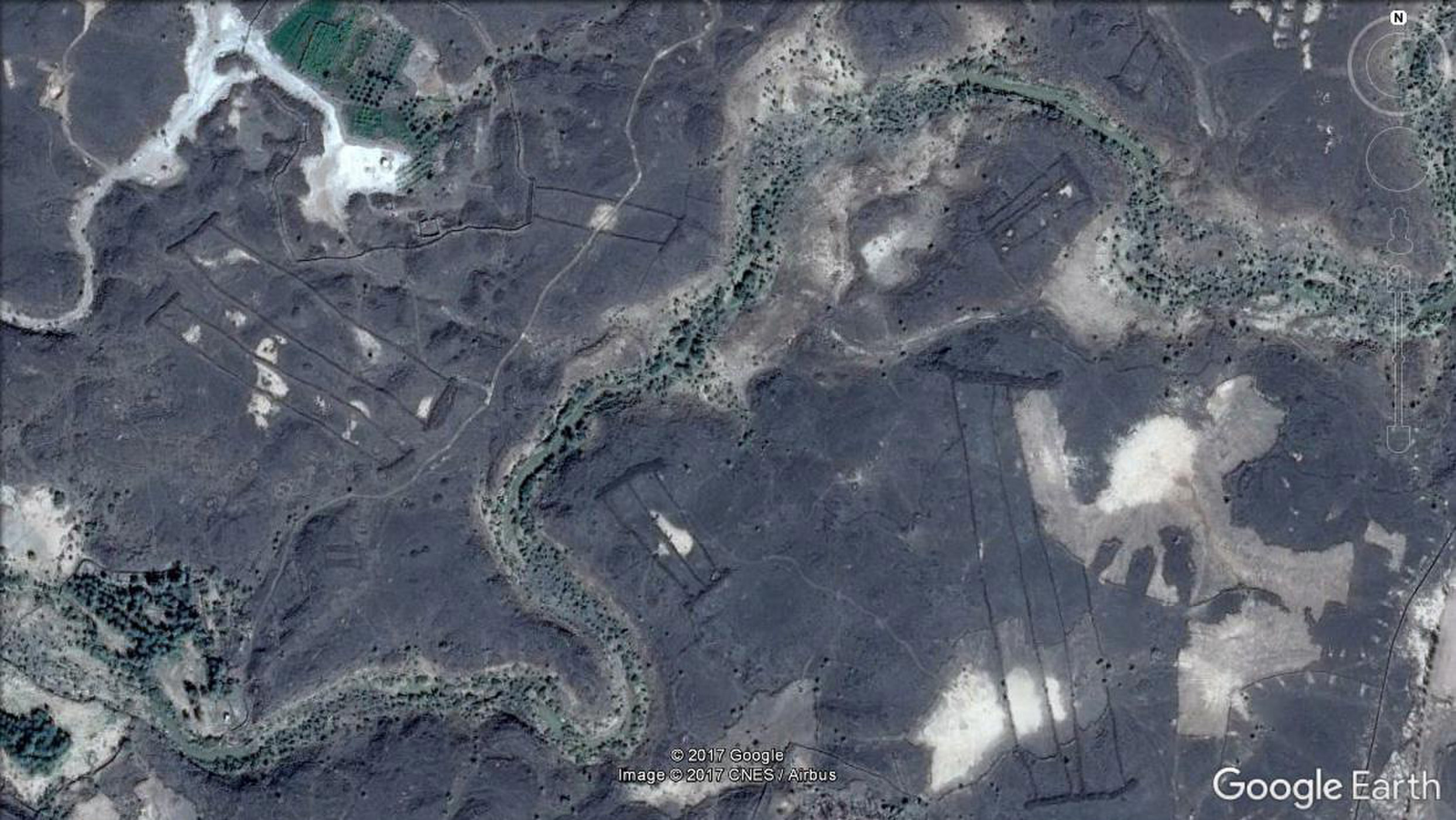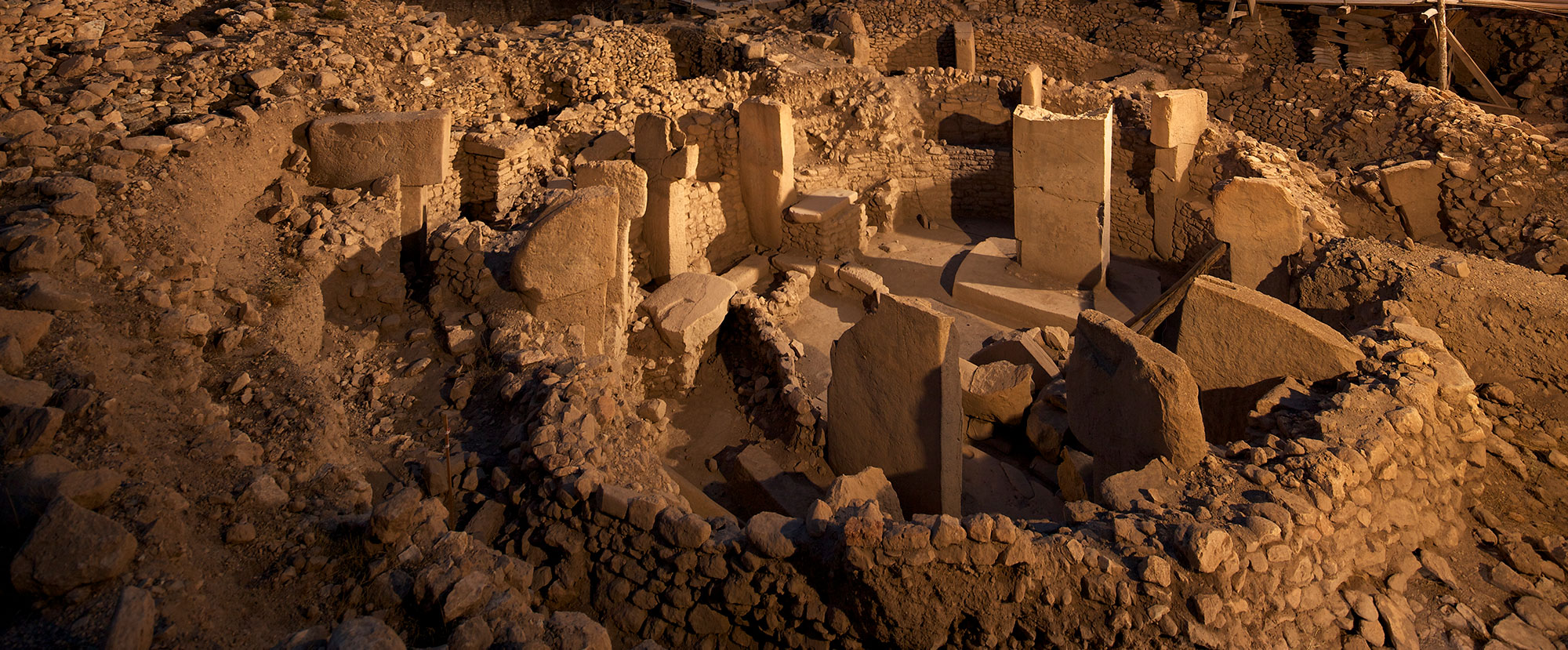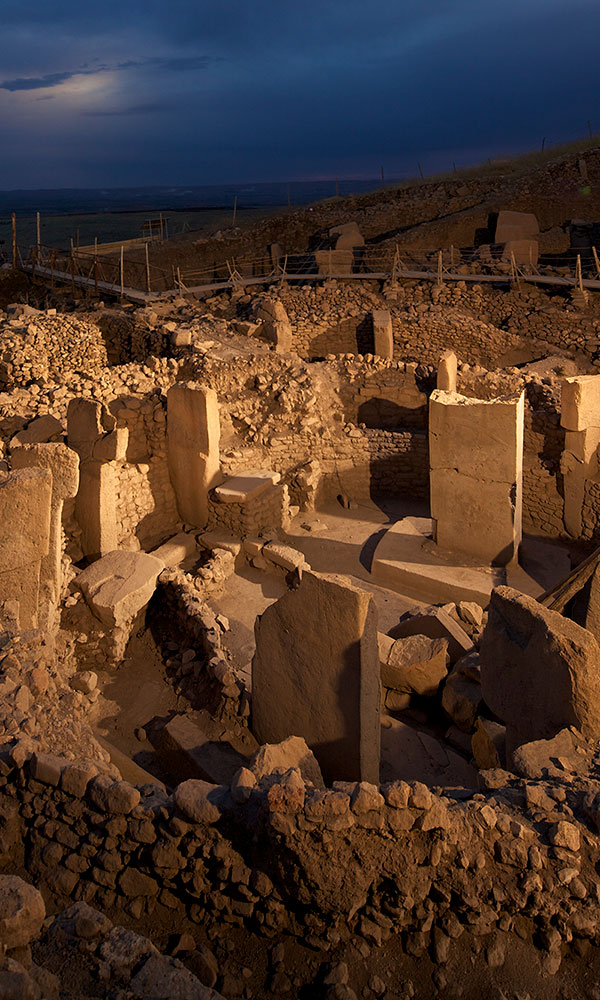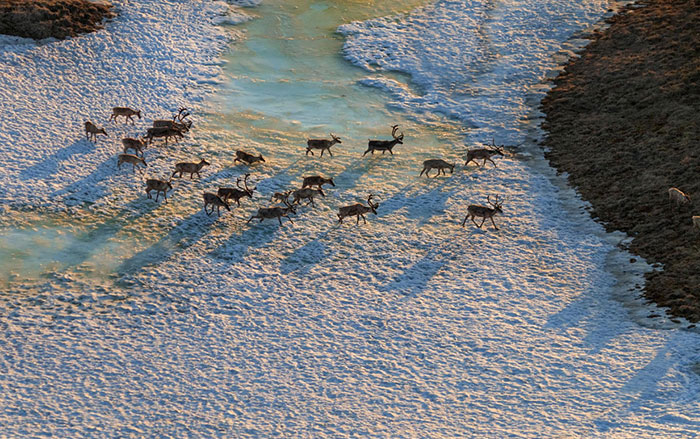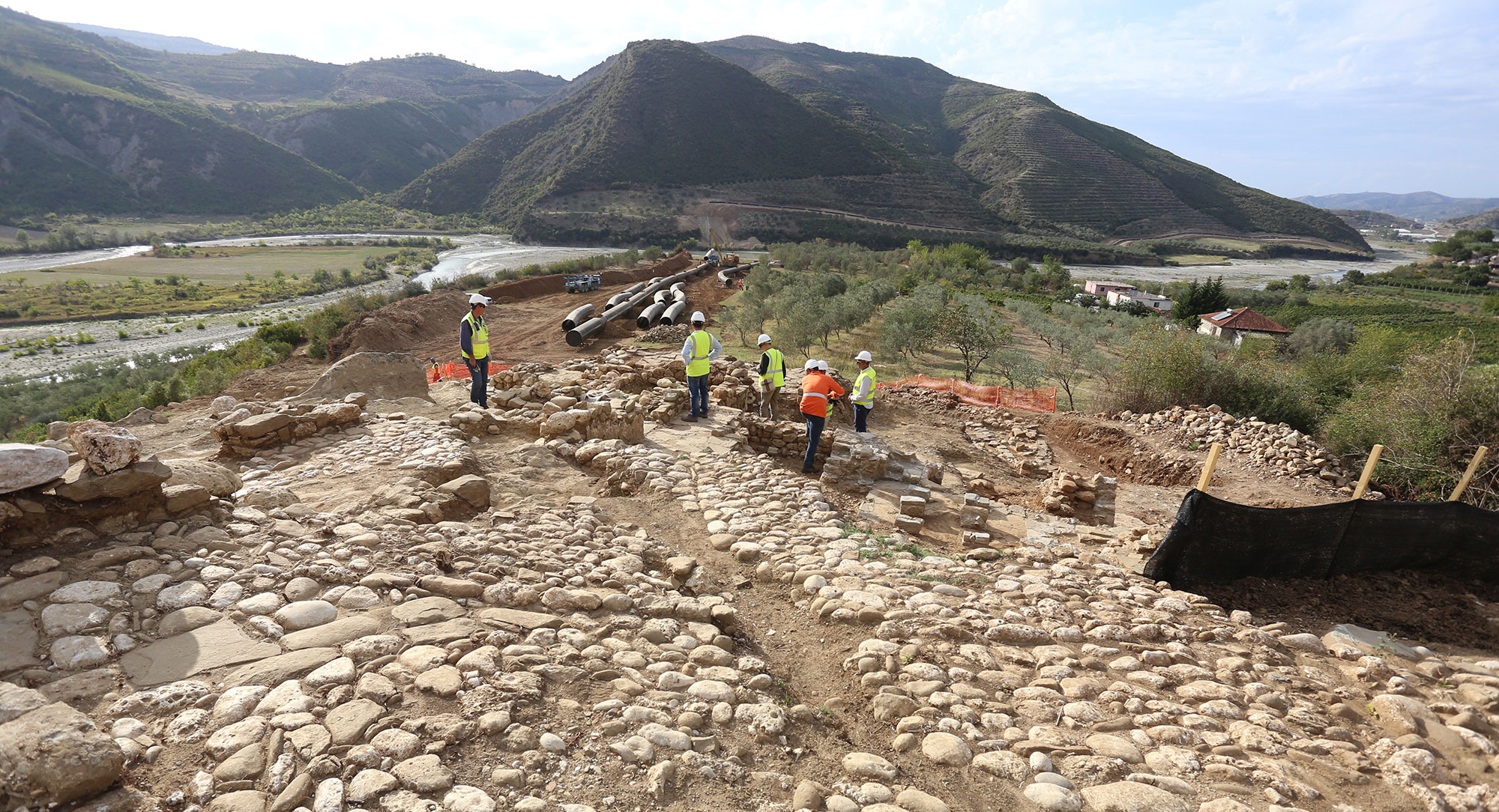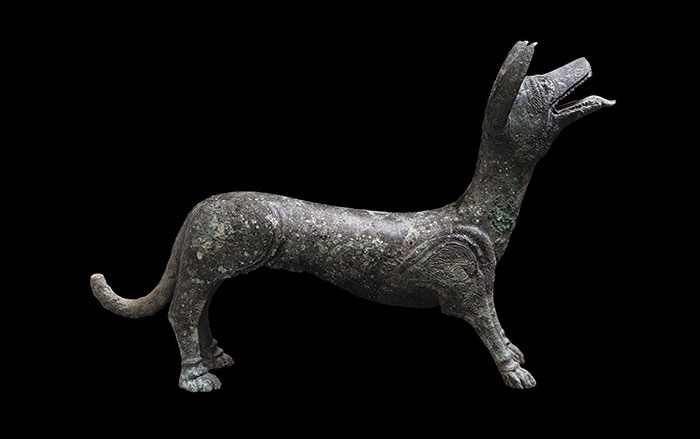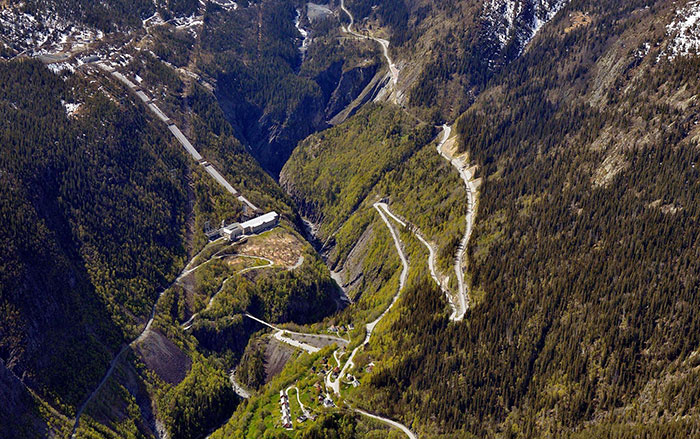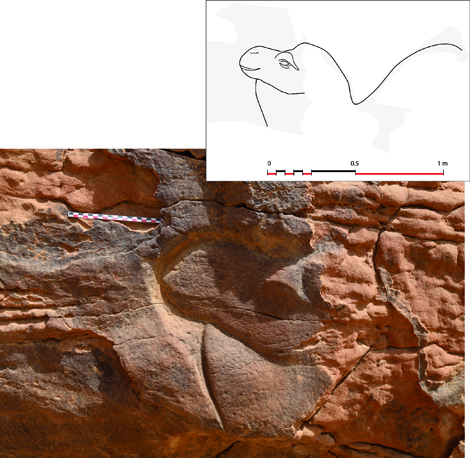
AL JAWF, SAUDI ARABIA—Haaretz reports that 12 panels of life-sized reliefs of 11 camels and two equids have been discovered on three rocky spurs in remote northwest Saudi Arabia by a team of scientists from the French National Center for Scientific Research and the Saudi Commission for Tourism and National Heritage. The sculptures are estimated to be about 2,000 years old, and have been damaged by erosion and construction projects. Only one or two of the images are shown with what may be a rope—otherwise, the animals are said to have been lovingly depicted in their natural state. Such artworks are rare on the Arabian Peninsula, and usually consist of geometric forms, scenes of war or hunting, or other animals. Flakes of flint tools have been found at the so-called Camel Site, but they have not been associated with the carvings. The researchers speculate the site may have been used as a boundary marker, a rest stop for caravans, or a place to venerate Al-Lat, a goddess associated with camels. To read about another recent discovery in Saudi Arabia, go to “Hot Property.”


